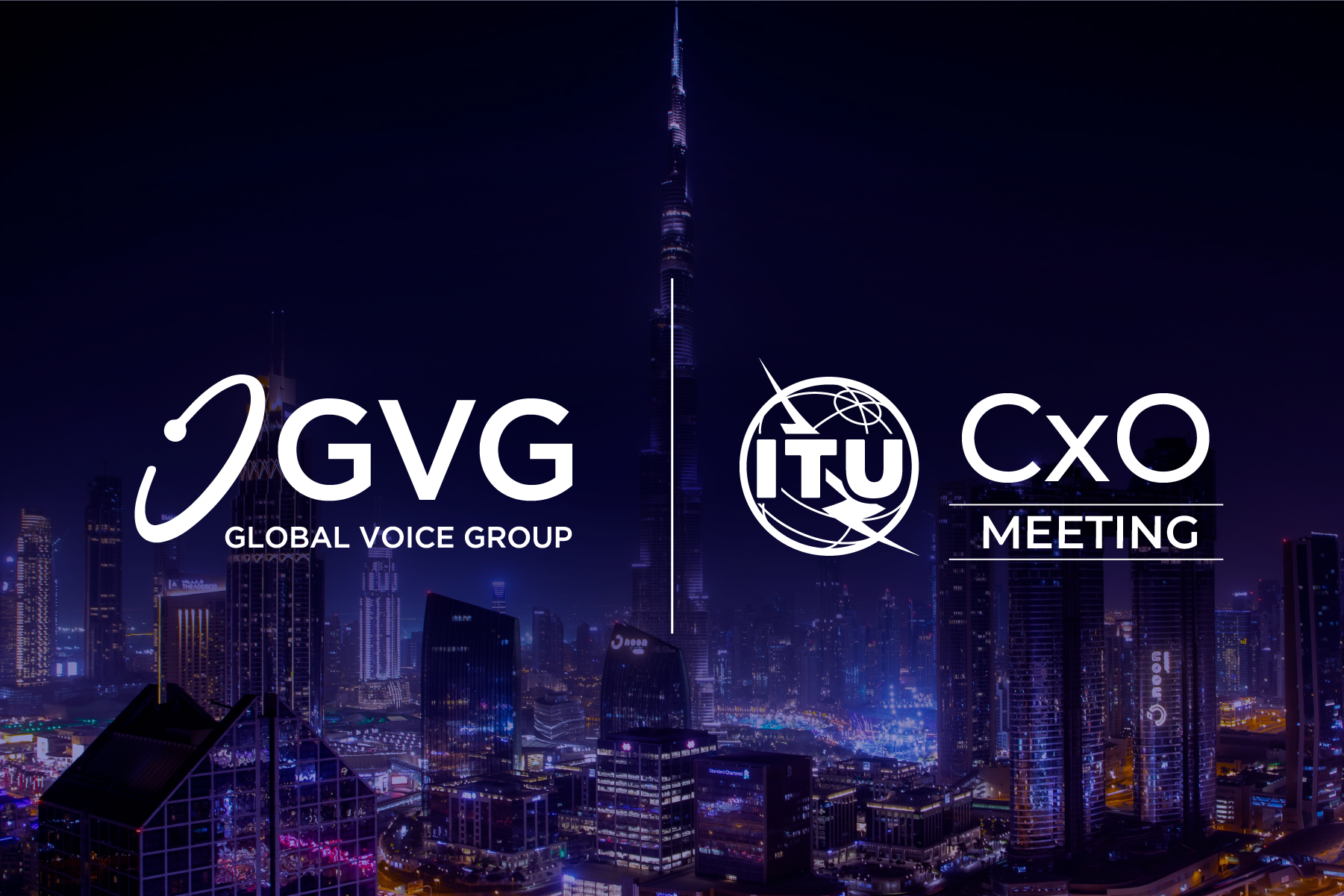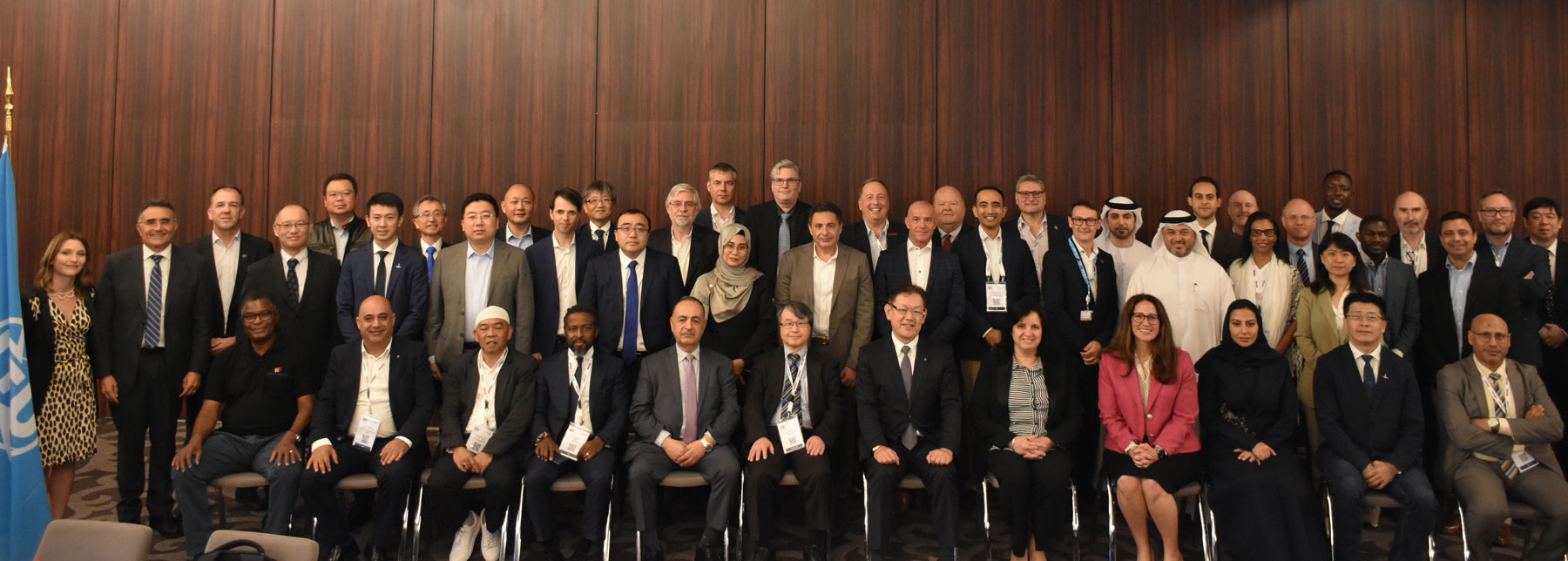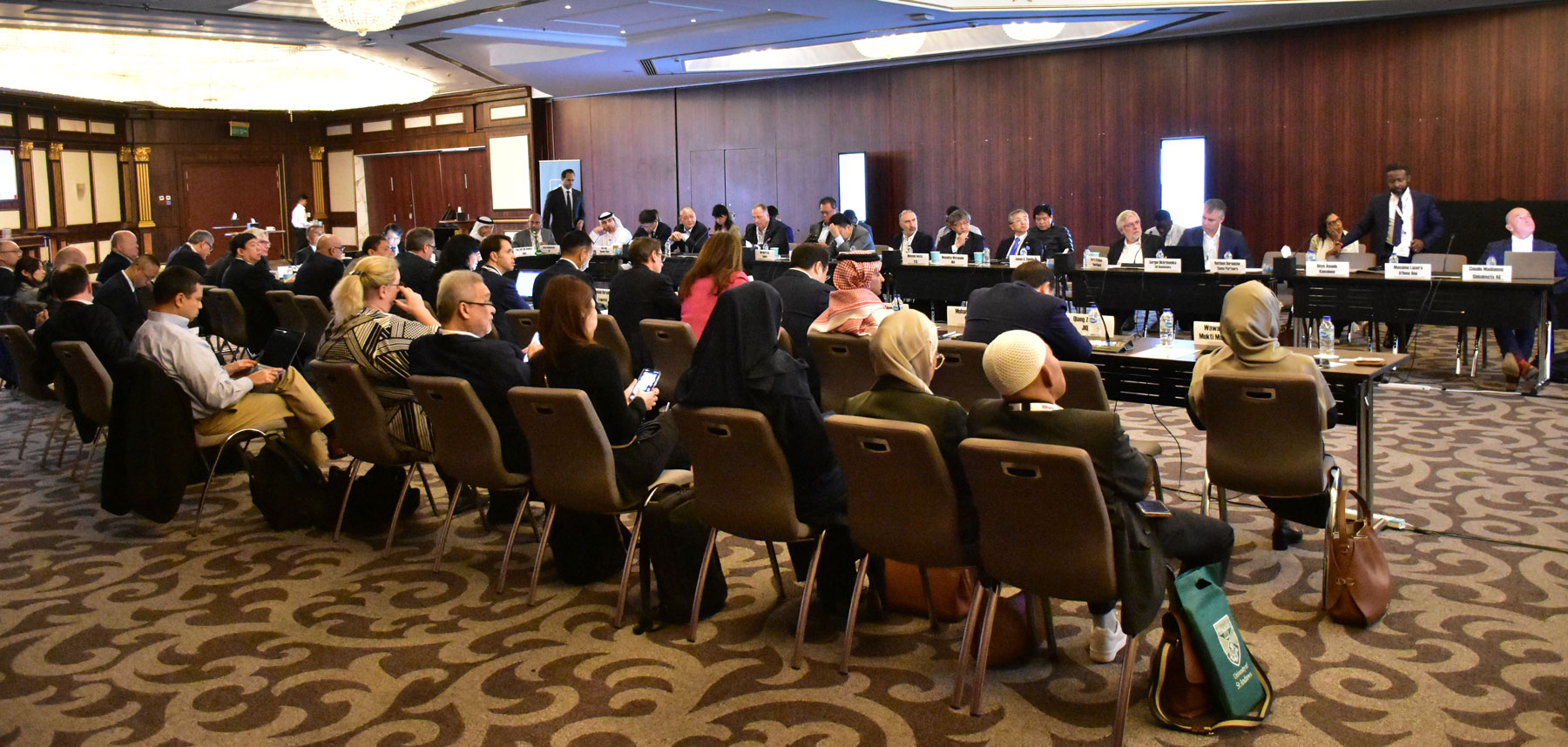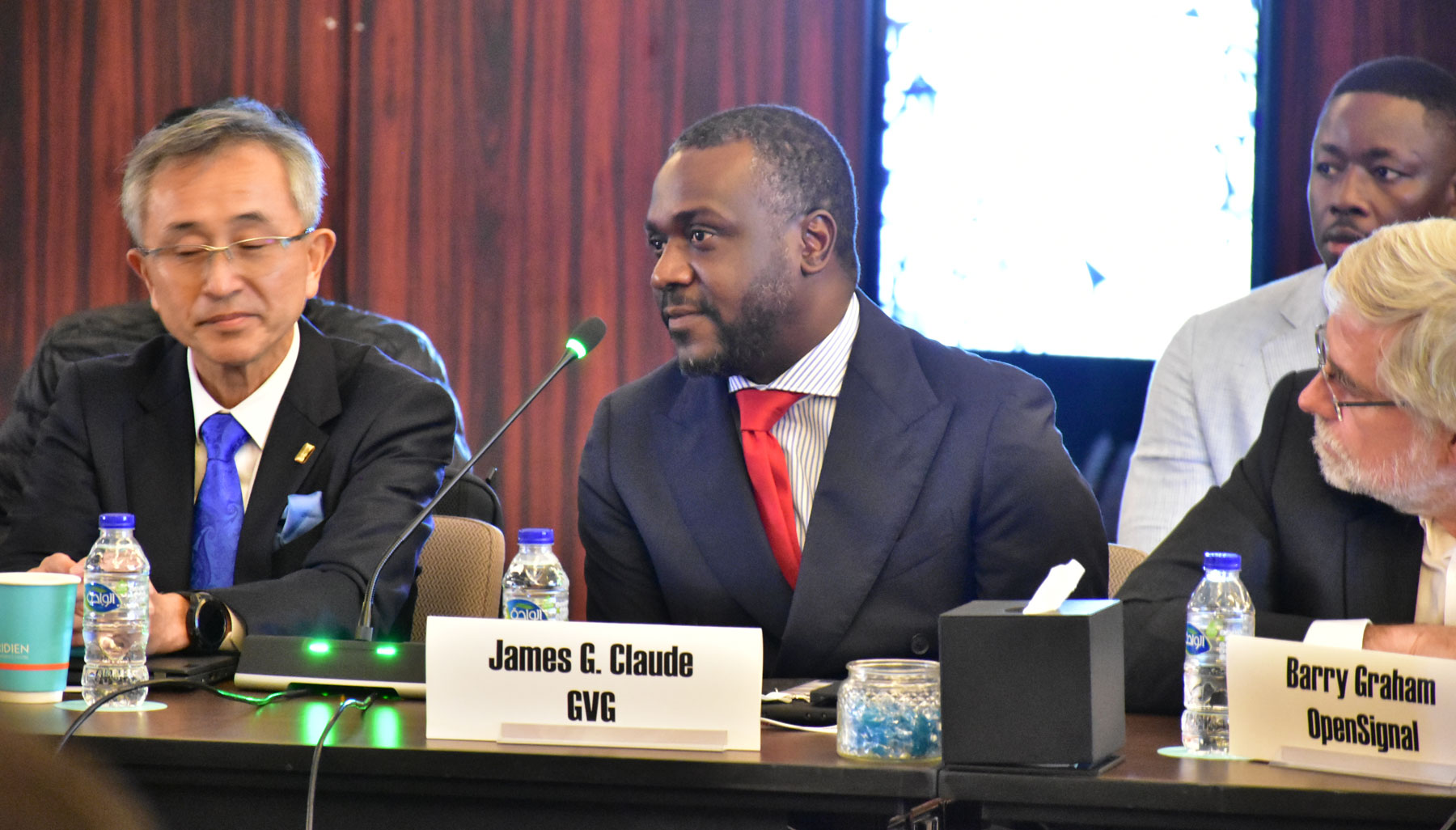
ICT standardization in Africa: towards a digital single market
Transforming Africa into a single digital market by 2030 is an ambitious objective of the African Union. The health of the African ICT sector is a crucial factor of success. This sector has grown significantly over the past two decades, particularly as regards mobile services. However, the continent still lags behind other developing regions in terms of Internet access, security, and service interoperability. This is partly due to the diverse approaches to governance used by the different actors of this vital economic sector. Enhanced ICT standardization in Africa will help consolidate and homogenize the sector, therefore strengthening its contribution to the creation of a digital single market.
ICT standardization in Africa for sector development
The ICT sector is a particularly important contributor to modern economies, says the South African Institute of International Affairs. However, in Africa, a lack of investment and infrastructure, as well as inadequate regulation, are holding it back. True, the Covid-19 pandemic also accelerated the digital transformation known as the Fourth Industrial Revolution (4IR). But still, the continent still lags behind other regions as regards ICT penetration. As a result, as 4IR progresses, Africa needs to focus on building the capacities of its ICT sector.
In addition to better infrastructure and appropriate, harmonized regulation, enhanced standardization can help achieve this objective. Indeed, standardization in ICT makes it possible to ensure quality, consistency, interoperability, and security within the sector. It also ensures that all players offer products and services that comply with the regulations. Conversely, a lack of ICT standardization may cause compatibility issues as well as confusion among users, and therefore undermine the expansion of the sector.
According to the International Telecommunication Union (ITU), ICT standards have substantial benefits for emerging and developing countries. Indeed, they create a level playing field that enables companies in emerging markets to access new markets. Other advantages include improved infrastructure and economic development, reduced costs, and enhanced interoperability.
Interoperability as a pillar of regional integration
As one of the advantages of ICT standardization, interoperability plays an essential role in terms of capacity-building in the sector. For example, it enables global communication by allowing users of different telecommunication networks and devices to connect. And in the digital financial services sector, it makes it possible for users of different digital payment platforms to transact. Additionally, interoperability has been acknowledged as a key factor in the development of the cashless economy and of financial inclusion. However, it remains a work in progress when it comes to the financial services used most frequently by the poor, according to the CGAP. There is thus a strong case to promote interoperability in the African ICT sector, which can be achieved through standardization.
Furthermore, the African Organization for Standardization (ARSO) states that standardization enables the effective implementation of interoperable technology. This in turn supports regional integration through the African Continental Free Trade Agreement (AfCFTA) and Digital Single Market. Interoperability is actually one of the six design principles the Institute of Electrical and Electronics Engineers (IEEE) put forward in its Africa 4th Industrial Revolution Standardization Strategy (2021-2025). The document indeed states that interoperability can “support companies in identifying and implementing A4IR scenarios”. It also presents the promotion of digital interoperability as one of the goals of the A4IR standardization strategy.
Therefore, by supporting effective interoperability in the ICT sector, standardization’s effect is threefold. Firstly, it promotes the growth of the sector. A strong ICT sector can then support the development of both the cashless economy and financial inclusion, through innovative telecommunications and digital payment services, for instance. And finally, it brings Africa a further step towards the establishment of a digital single market.
GVG’s recommendation for ICT standardization at the ITU’s CxO meeting 2023
The ITU has an ICT standardization remit, which it fulfils by working in collaboration with industry players. The consultation takes place during CxO roundtables that the ITU organizes once a year. These roundtables gather senior industry executives to explore ICT trends and elicit insight from the sector, with the ultimate purpose of informing the ITU’s ongoing standardization work.
As a strategic partner of the ITU, GVG was invited to take part in this year’s CxO meeting, which was held on 5 December in Dubai. On this occasion, James Claude, GVG’s CEO, recommended that the ITU investigate ways to support biometric SIM registration through international standards. His presentation showcased biometric SIM registration as a successful method to enhance security in the mobile ecosystem. Biometric SIM registration indeed promotes trusted mobile identities and prevents SIM card fraud. It also fosters regulatory compliance, enhances national security and cybersecurity, protects customers from unauthorized charges and ensures data privacy. Currently, biometric SIM registration is mandatory in 17 countries of Sub-Saharan Africa. This means that 37 countries on the continent are yet to implement it.

ICT standardization for a connected and prosperous Africa
By ensuring the safety, quality and interoperability of the technology, ICT standards strengthen the sector and one of its key factors of success: interoperability. In turn, interoperability supports regional integration on the continent. As a result, it brings the latter closer to establishing the sought-after digital single market, which will help bring down the barriers to free trade and communication.
As a company whose activity is focused on supporting the effective governance of the telecommunications and digital financial services sectors, GVG understands the importance of developing ICT standardization in Africa. This is why we sought to have one of our key business processes, data security, ISO27001-certified. The certification validates our capacity to ensure the confidentiality, safety and integrity of the data our systems collect. It is a great satisfaction for us to be involved in the process that will ultimately lead to the creation of a digitally connected, competitive and prosperous continent.
Do you want to read more about GVG’s ISO27001 certification? Click here.


